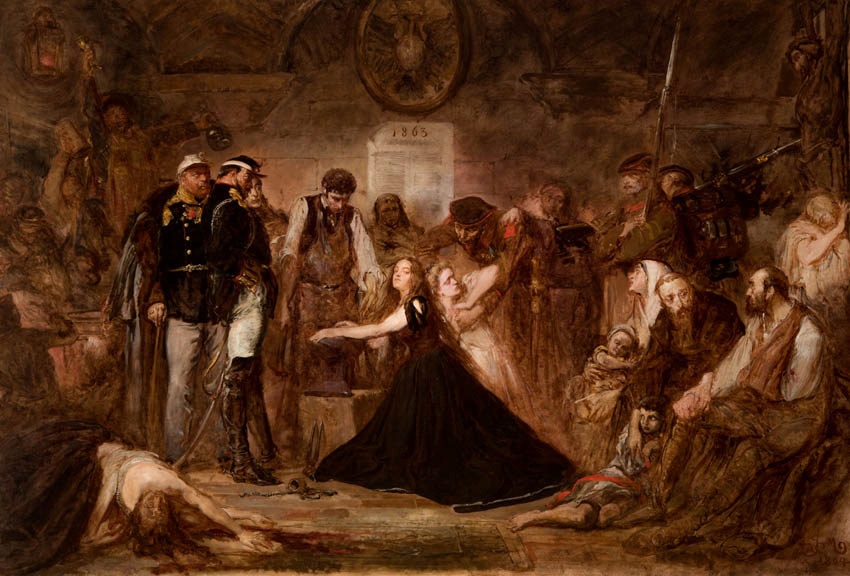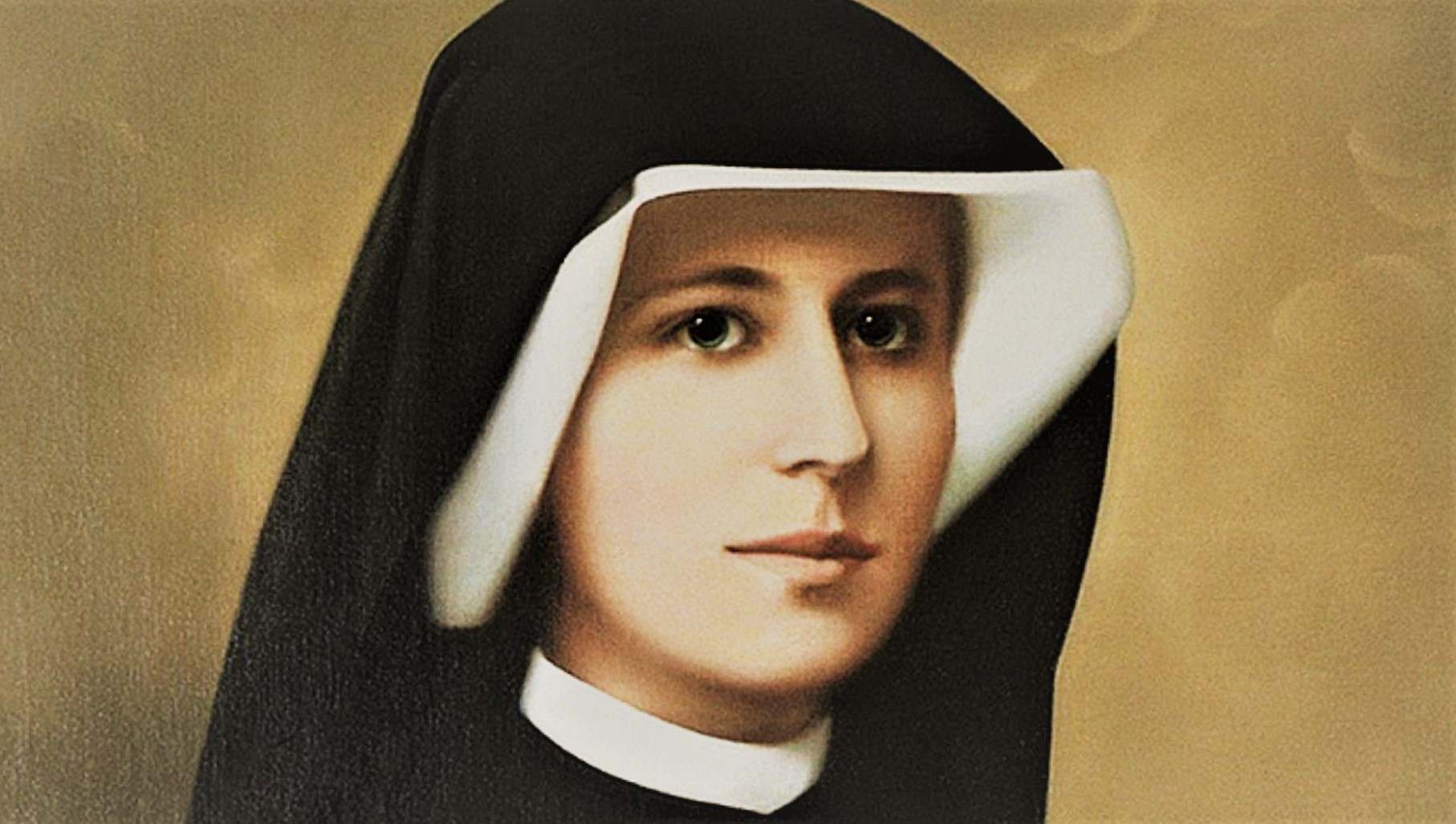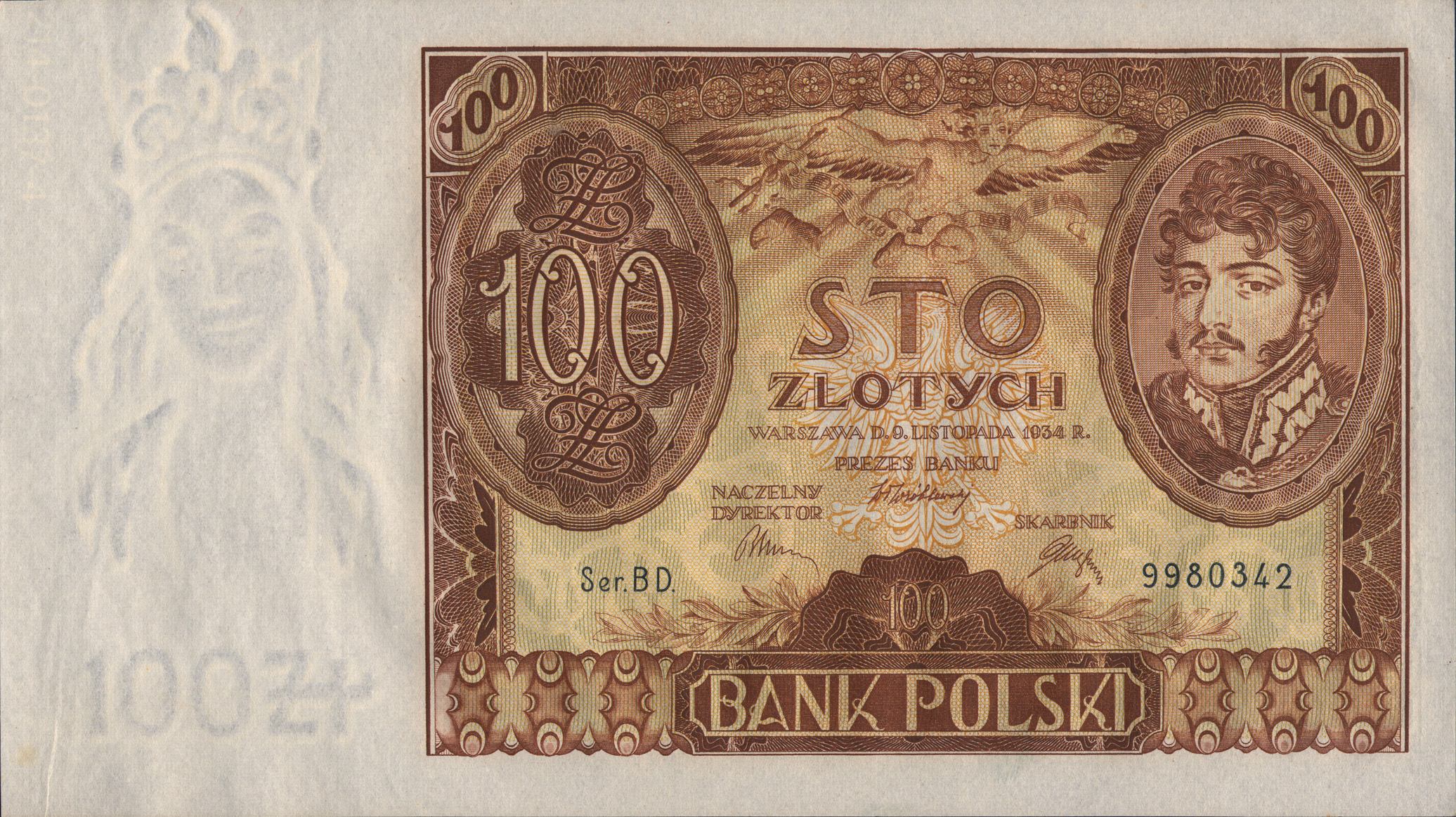Of all the Polish insurrections in the 19th century, the January Uprising is still an emotional topic. There are many reasons for this – not only was it the largest of the Polish uprisings, but also the most significant in terms of its long-term results. On the one hand, the January Uprising is very symbolic of the Polish Romantic tradition. On the other hand, it is still, up to this day, sometimes considered by eminent historians, to be “the road to a national catastrophe,” as Prof. Jerzy Jedlicki referred to.
by Kamil Śmiechowski
In 1905, barely 40 years had passed since the January Uprising – similarly now, it is the same amount of time since the Solidarity carnival and martial law. So back then it was a significant and memorable event, which – most importantly – had a real impact on everyday life. At the end of October and the beginning of November 1905, Tsar Nicholas II announced the famous constitutional manifesto announcing serious state reforms. In response, “Kurier Warszawski”, the most serious daily published in the Polish capital – Warsaw, issued a poem referring to the text of the song “God Save Poland”:
God who saved Poland for so many years
Reaching the fate of those treated by stones
Who erased it from the free of this world
And turned the nest of fathers into a prison –
Before your altars today we carry a cry:
You punished us for a long time, now forgive us, Lord!
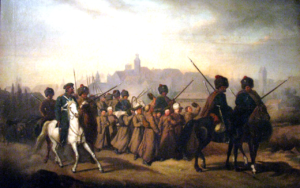
It was more than obvious to each of the readers what events the author of this work had in mind. What had happened half a century ago still determined everything that the inhabitants of Poland were dealing with every day. It was the defeat of the political factions competing with each other, but ultimately they co-organized the insurgency of two armed political camps, i.e. the Reds and the Whites. It made the Polish Kingdom of the second half of the century a place where rapid social and economical modernization went hand in hand with an extreme police system, suspicious and unreasonable at the same time – curbing both freedom and dignity, restricting civic activity and the free development of national culture, perpetuating illiteracy and neglecting common sanitary provisions in Polish cities, permanently undermining the social trust in the state as such. In the end, of course, these measures did not turn out the way the invader had hoped as it did not foster compliance but rather further radicalization.
Even wariness of the censor’s red pencil and after the abolition of preventive censorship, no one directly wrote about the events of 1863 for fear of increasing repression against the press, though its long-term effects were still referred to. For example, Adolf Suligowski, one of the leaders of public opinion in the Kingdom of Poland, an outstanding lawyer and organizer of legal self-government, had no doubts that “the government system for managing municipal affairs in the Kingdom of Poland, established then, was an exceptional law, caused by events at the time. It was an exception to the general rule, a temporary exception. […] However, the transitional measure became permanent and has remained in force until now.”
The revolution, therefore, meant hope for freedom, for stopping the repressions that the Kingdom of Poland had experienced over 40 years of Russification. But how were the attitudes of people assessed at the time? More precisely – how were the attitudes of insurrectionists and those who had to function in the world after the defeat assessed from the perspective of those years?
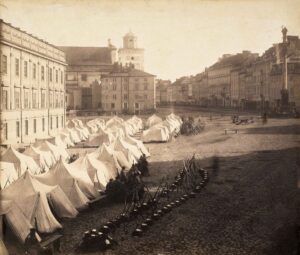
It is easy to see that the uprising, which divides public opinion even today, was assessed in an extremely different way by those of the time. For the conciliators who hoped that as a result of the transformations taking place in the Russian state in 1905, it would be possible to gain autonomy for the Kingdom of Poland, bringing it closer to Galicia and freedom, the heroes were not the January insurgents, but the margrave Wielopolski. He is one of the most important figures in 1861-1863: a supporter of courageous reforms undertaken in cooperation with St. Petersburg, an opponent of independence conspiracies, and the head of civil administration in the Kingdom of Poland. Concerned about radicalization, he put forward the concept of mass conscription of free citizens into the army, which became the direct cause of the uprising. His actions symbolized what might have been achieved in the Kingdom of Poland if the situation and moods had calmed down in 1863.
Erazm Piltz, founder of the influential St. Petersburg weekly “Kraj”, when saying goodbye to readers, wrote directly that his influential weekly “from the very first issue became a spokesman for the Wielopolski program: seeking conditions for national existence and development within the state union with Russia.” In the editor’s opinion, 1905 was the time when these ideas were possible. However, the belief in the democratization of Russia and the obtaining of significant national concessions by the Tsar’s Polish subjects was futile. It quickly turned out that those who saw in the January Uprising a sign and clue for others to continue fighting, were right.
The most characteristic figure who looked back at the legend of the uprising 40 years ago was Piłsudski, who, was “infected” in Siberia with the uprising myth by Bronisław Szwarc, an exile, wanted to use the revolution to implement a program of fighting for Poland’s freedom. Piłsudski was not to publish his most serious historical work, “Outline of the Military History of the January Uprising”, until 1912. However, already during the revolution of 1905, he created the Fighting Organization, the Polish Socialist Party, which in fact became much more than a “stormtrooper” party and was the nucleus of the future the army that would liberate Poland from the tsarist yoke. But the romantic ideals of Piłsudski were rejected by the party youth who wanted to go along with the Russian revolution. The split in the Polish Socialist Party also meant a long-term, in a sense still valid, division in the broadly understood Polish left wing.
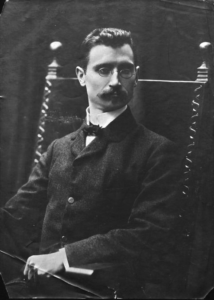
Roman Dmowski, the leader of National Democracy, viewed the issue of the January Uprising in a different way. He shared the opinion that the uprising of 1863 was a mistake, but he did not propose submission to the invader to such an extent as the conciliators of the Real Politics Union did. As understood by the leaders of national democracy, the idea of autonomy was not tantamount to seeking a settlement, but to the realization of inalienable national interests. There was more understanding for the figure of the margrave Wielkopolski than for the insurgents. “Przegląd Narodowy”, the official body of the National Democracy, wrote in 1908: “the last great political movement of Poland, the movement of 1863, put forward, among others, such names as Władysław Czartoryski, Aleksander Wielopolski and Andrzej Zamoyski. In whatever way we view the activities of each of these people, we must admit that they were outstanding people: each of these names will suffice for a great political program. […] In the recent past, those people engaged their entire lives into national activities.”
The dispute over January 1863 and its great tradition was therefore a fundamental dispute, defining not only the vision of the future Poland, but also the strategy towards the revolution. Bolesław Lutomski, author of the most serious article devoted to the January Uprising published during the revolution of 1905-1907, drew attention to the ambivalence with which his contemporaries treated the heritage of the uprising. Lutomski, sympathizing with the National Democratic Party, wrote: the year [eighteen hundred] thirty-one stands before us in a burning apotheosis; the year [eighteen hundred] sixty-three, cursed by some, disregarded by others, showered with the ashes of oblivion, has not yet found a spokesman, psychologist and historiographer.”
Lutomski presented one of the most beautiful interpretations of the January insurgence, which did not fit in with the debates about the sense of the uprising or the lack of it. In his opinion, the January Uprising was “a cry of a nation that was crushed by violence. It was a protest of a generation that could only testify with blood to its rights to historical existence, it was the end of a thirty-year era that with dull cruelty obliterated the thought, common sense and program of public work, it was an inevitable consequence of the rule of Nicholas and the Warsaw satraps.” Later in the article, Lutomski wrote: “in the 19th century, in the history of Europe there was no such a political event that would have such heavy and long consequences, which would have an impact on the general spiritual system and reality as strong as the year 1863.”
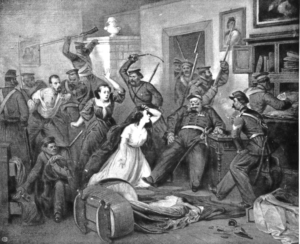
Lutomski’s tone opens up a huge mass of associations and guidance for interpretation. When reading the above words, will the reader not notice quite obvious analogies to another uprising, in August 1944? Certainly the readers will notice it. The whole argumentation in this critical assessment of the events of 1863 is almost identical to the current disputes in Polish public debate concerning the Warsaw Uprising and its long-term consequences.
However, it is worth paying attention to one more aspect of the matter. Lutomski wrote his text in the spring of 1907, when the revolution that had lasted for over two years was already dying down. Disgraced and mutating towards fratricidal violence, the revolution of 1905-1907 in Poland was the fourth great national uprising, and at the same time the “first revolution”, as two researchers close to the communist authorities described it years ago. The fact that historians involved in the political system in Poland after 1945 had to emphasize in their work the national character of the events from the beginning of the 20th century only shows how difficult and multidimensional they were.
Let us look again at Lutomski’s argument – the generation of Poles living in the mid-19th century must have cried for freedom, which prompted them to a crazy, doomed to lose, but still morally justified insurgency. Do these arguments suit the revolution of 1905-1907, which, although it broke out in Russia, already in January (yes, also in January) spilled over into the Kingdom of Poland, combining the righteous slogans of the economic freedom of workers with the political freedom of the entire nation?
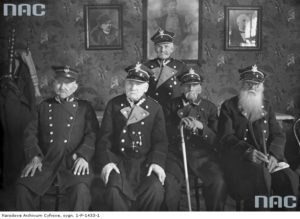
The juxtaposition of these two great national upheavals, so different and at the same time capable of arousing great controversy to this day, is not only a rhetorical procedure. In the situation of a nation like Poles in the era of partitions, deprived not only of its own statehood, but also of its own political subjectivity, various uprisings obviously differ in terms of their slogans, strategic challenges or the social origins of the participants. However, at the same time, they undoubtedly show many similarities. Seemingly difficult to grasp, they are sometimes most visible at the level of the relationships of individuals involved in and experiencing history. Bronisław Szwarce, who in a Siberian village told young Piłsudski about the January Uprising, talked about heroism and sacrifice that enabled the creation of a myth. In turn, the revolution of 1905-1907, which was another Polish national uprising, enabled processes that directly contributed to Poland regaining freedom. The January Uprising, seen in 1905-1907, was both a point of reference and a subject of criticism and, finally, an object of hope for freedom. These were deeply needed by both the January insurgents and the Polish Socialist Party fighters, as well as the Whites and the Reds — who were both reasonable and romantic at the same time.
See also: Would Poland have regained its independence without the help of the fighters from the Combat Organization of the Polish Socialist Party in 1905-1907?
Author: Kamil Śmiechowski
Translation: Alicja Rose & Jessica Sirotin

